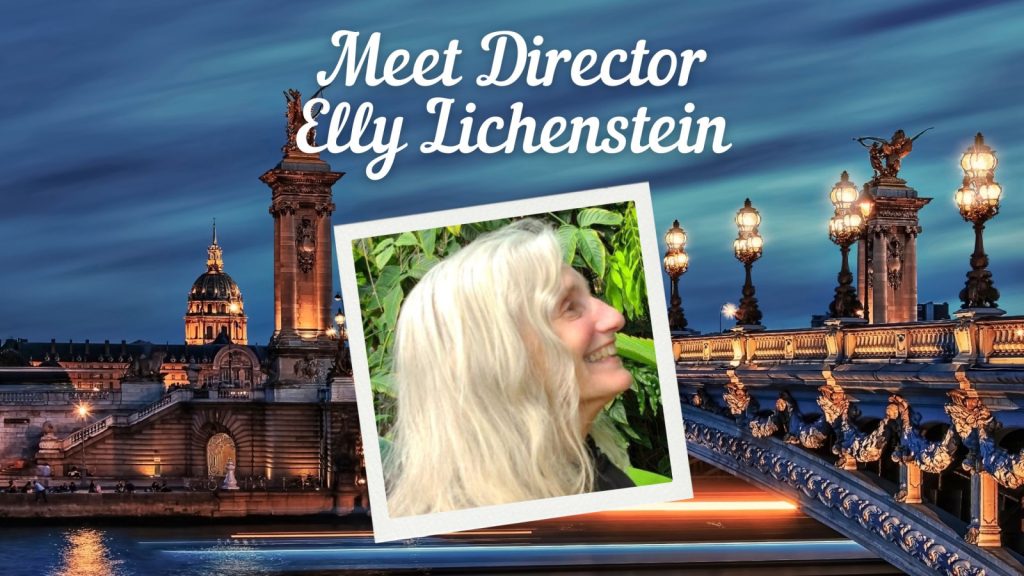Meet the Director of La Bohème!

Meet Elly Lichenstein, Director of "La Boheme"
What drew you to “La Boheme” as a director, and what is it about the show that you believe will resonate with the audience?
We chose Boheme as a way to celebrate our 50+ years' work as an opera company; a way of bidding a fond farewell to that chapter in the life of my absolute favorite venue. La Boheme is in fact a celebration of the artists' life, our joys and sacrifices, especially as younger artists. Until the third act, we're squarely set in a boisterous and joyous comedy, a buddy story, if you will, that adds young love to it as it goes forward. And the second act is set in an outdoor cafe, so what a great way to celebrate: we turn the entire theater into the Cafe Momus! Our delightful Musetta, the singer of that famous song, Musetta's Waltz, gets to play with the audience, drawing them right into our big old noisy celebration. What a perfect way to end the 50th anniversary season of a little theater that defied all odds by bringing opera to our semi-rural county! Perhaps someday the little theater on the hill will host another opera, and I'm sure that won't come a day too soon.
Could you describe your vision for this production?
We set this production in the early 1950s, in order to give the opera a bit more of a contemporary feel, although there is nothing musty or old-hat about Puccini's beautiful masterpiece. It's the story of 6 young and poor but earnest artists, their deep friendship and their love lives. (Basically it's the story of myself and my Cinnabar compatriots in our young and scrappy years.) So my main focus has been to make their chemistry palpable, to give their varying emotions pride of place. Puccini's music does everything one needs to pull the heartstrings (yes, there's tragedy at the end, for anyone who doesn't know the piece, or it's Broadway grandchild, Rent). But it's up to us as performers and directors to ensure that we're not just playing with hackneyed manipulation. Nope! We're taking the great composer's work and bringing it convincingly to contemporary life, to tell the story of the human condition, and to truly touch the hearts and souls of our audiences. It's our job, when all is said and done.
What are some of your past directing credits?
I've had the distinct pleasure of directing Boheme twice before, not to mention that I costumed it a few times and sang a pretty mean Musetta in my day. Most of my work has been in opera: last year's Tosca, La Traviata the year before, and lots more in my time (I started directing in 1999, after my mentor, Cinnabar founder Marvin Klebe died). This includes great classics, 20th Century opera and even the occasional world premiere. And sometimes I direct musicals, as well. In fact, Brittany Law Hasbany, Zach Hasbany and I had such a great time putting on Daddy Long Legs only a few years ago - what a joy that was! My most treasured Broadway musical experience as director, though, was Man of La Mancha. Like La Boheme, it deeply resonated with my own life and work. It was the basis for everything Cinnabar stood for - the Impossible Dream.
As a director, what do you hope the audience takes away from this production?
I want seasoned opera-goers to experience Boheme as if for the first time. For new opera-goers, just open your mind and heart and let all that beauty in to inspire and delight. For both the seasoned and the neophyte: I'm hoping they become immersed in both the music and the staging - in the world we've taken great pains to create. This so they feel a profound and personal connection with the lives, loves and experiences of the characters onstage.
